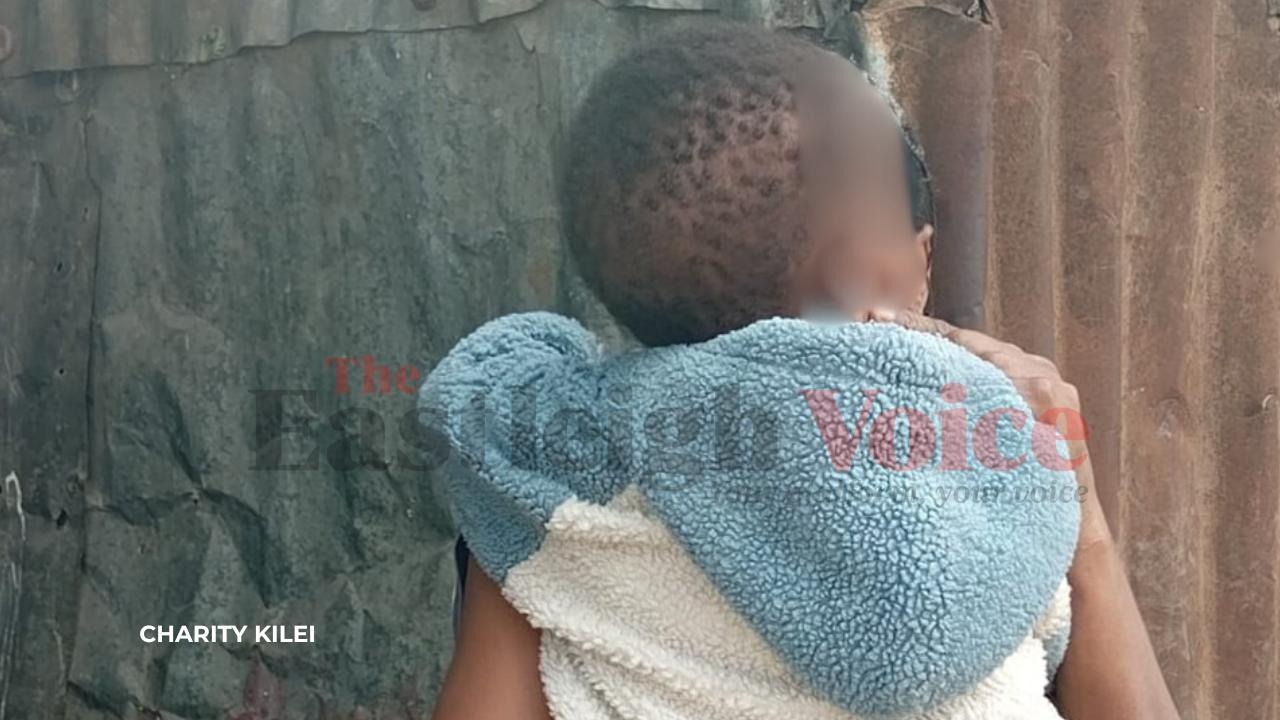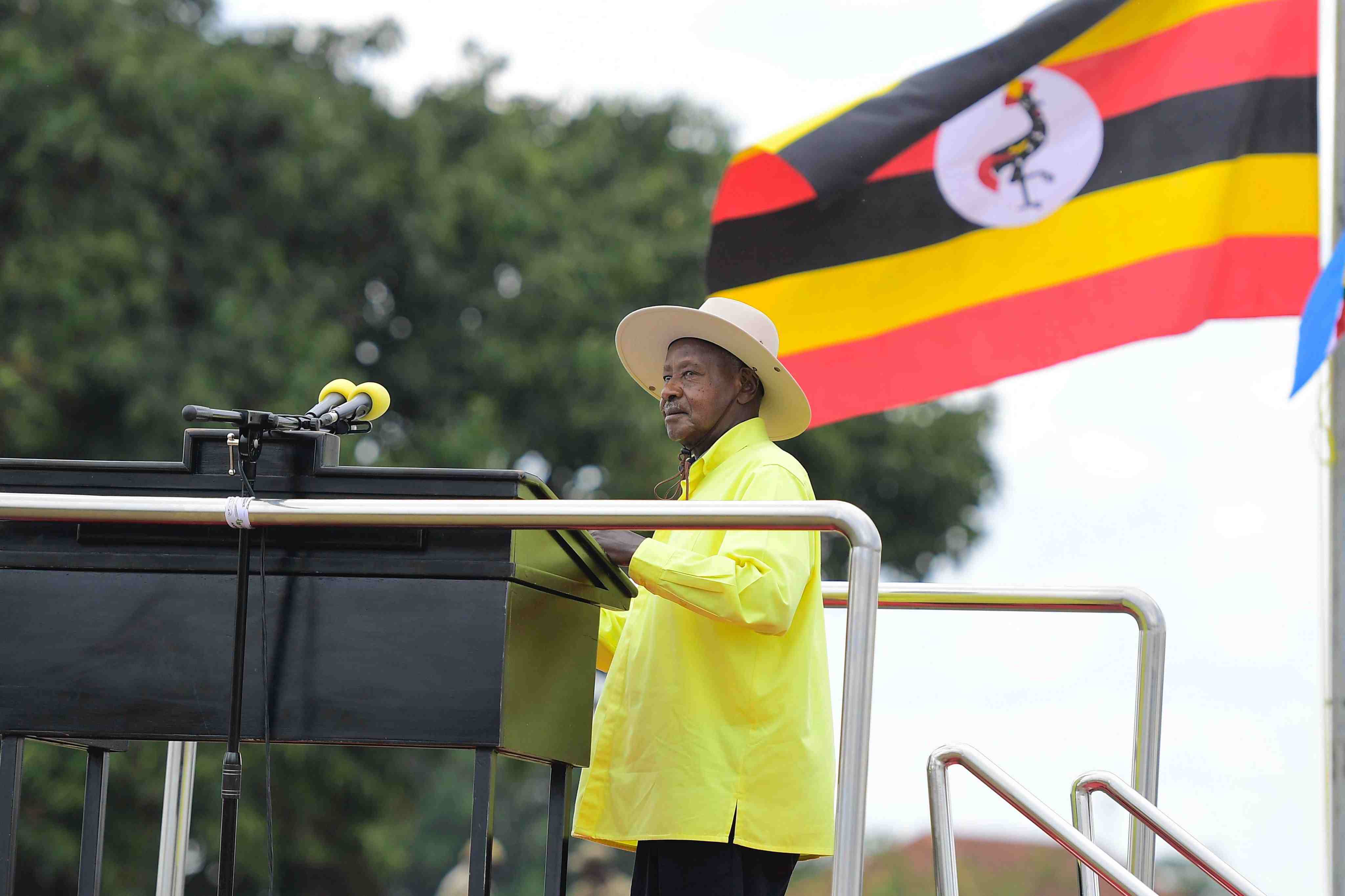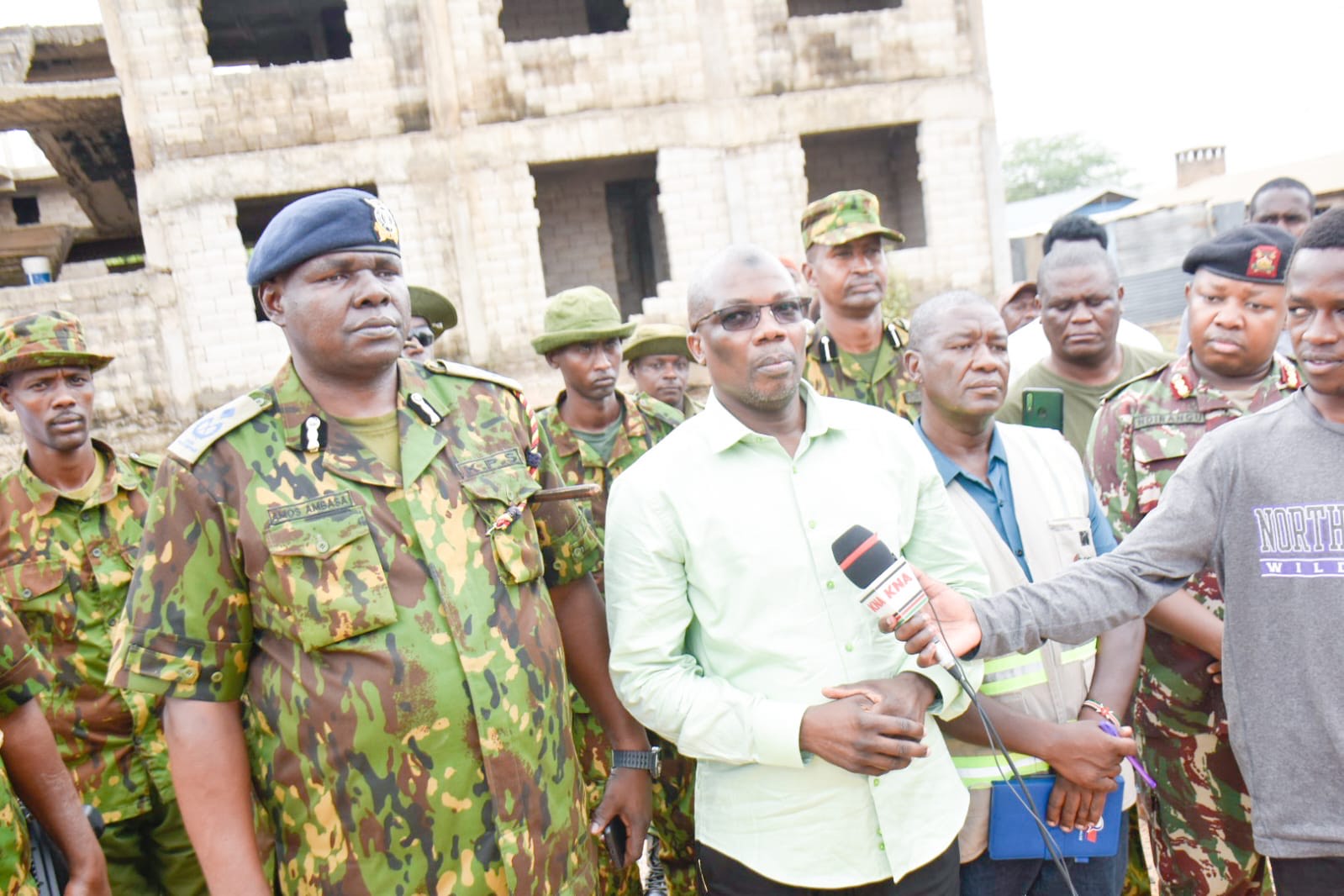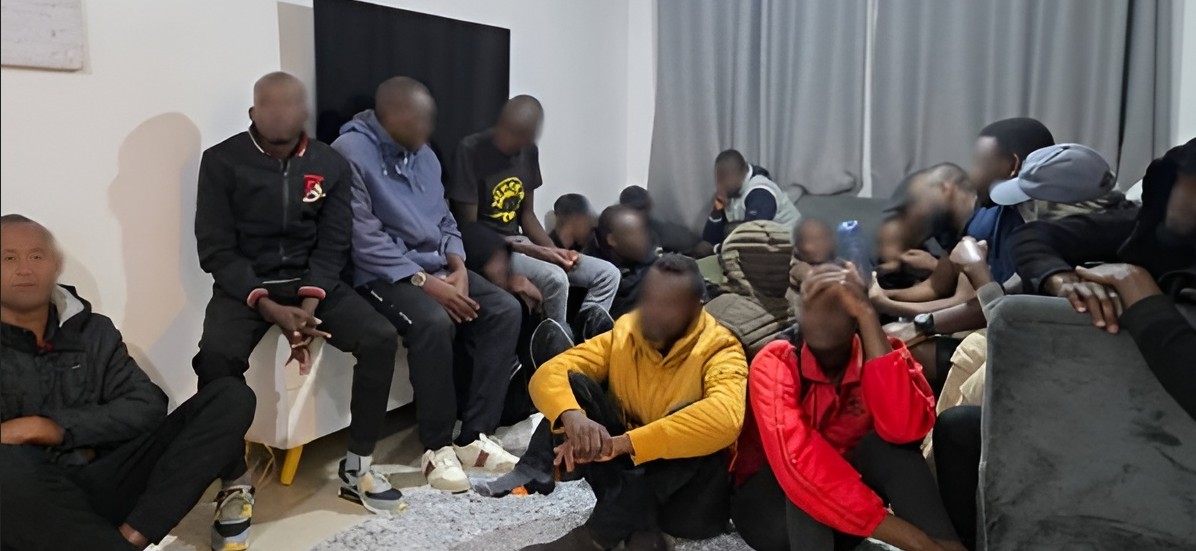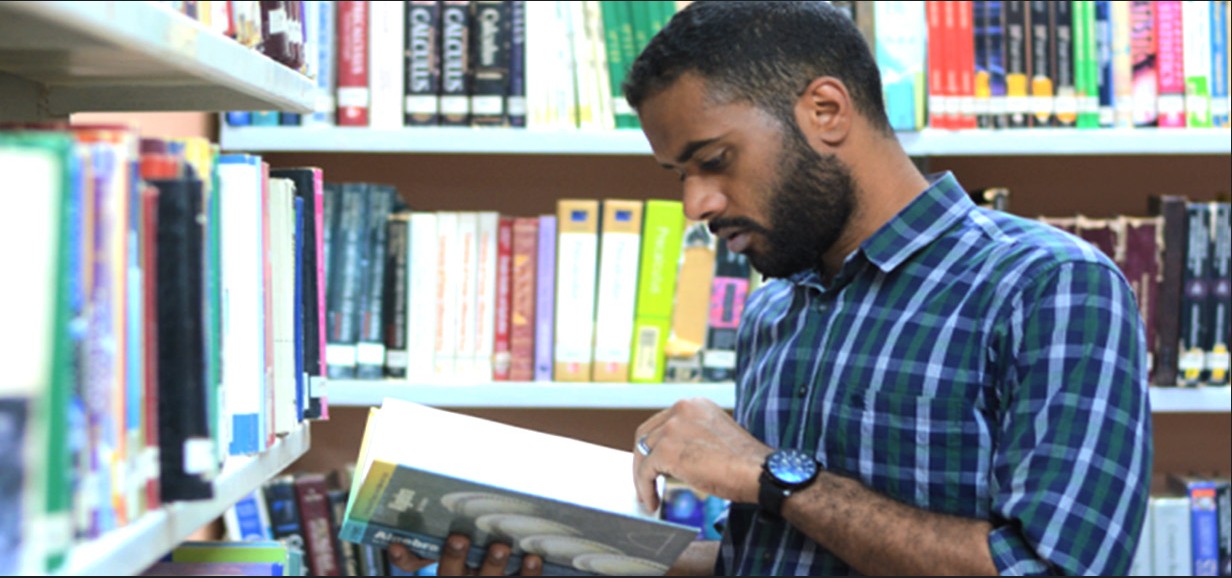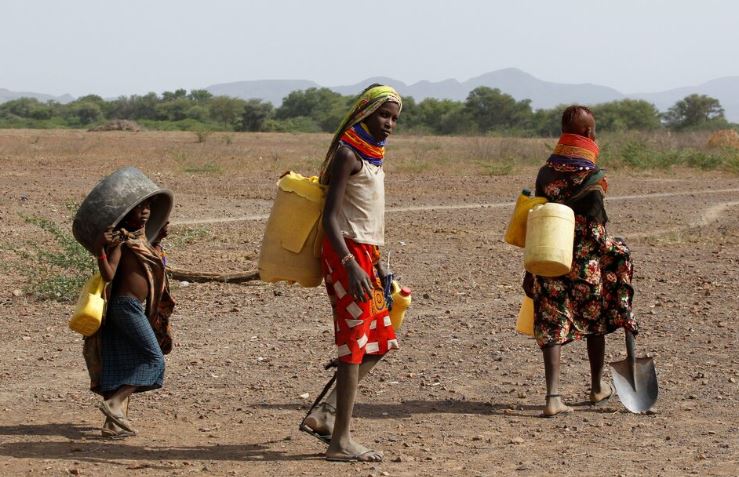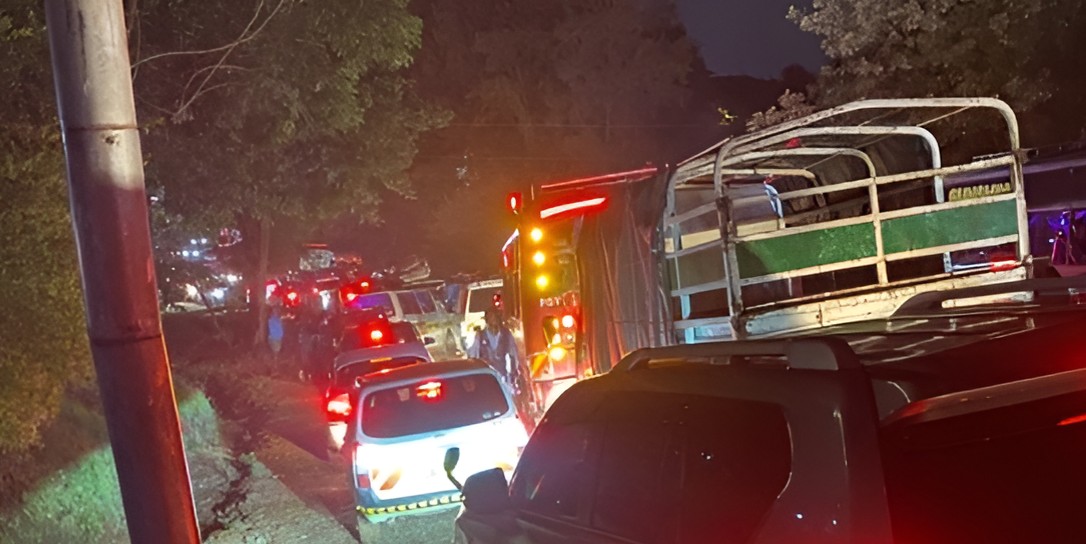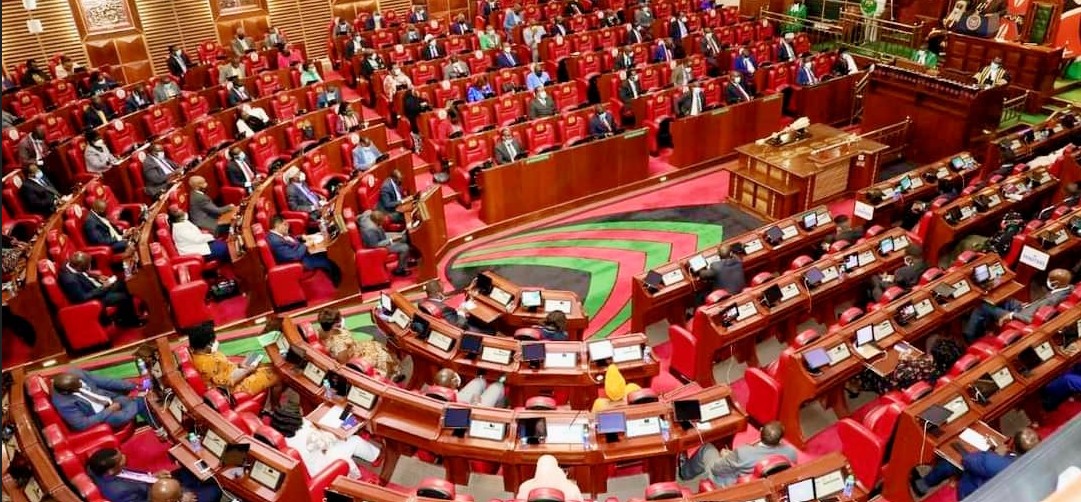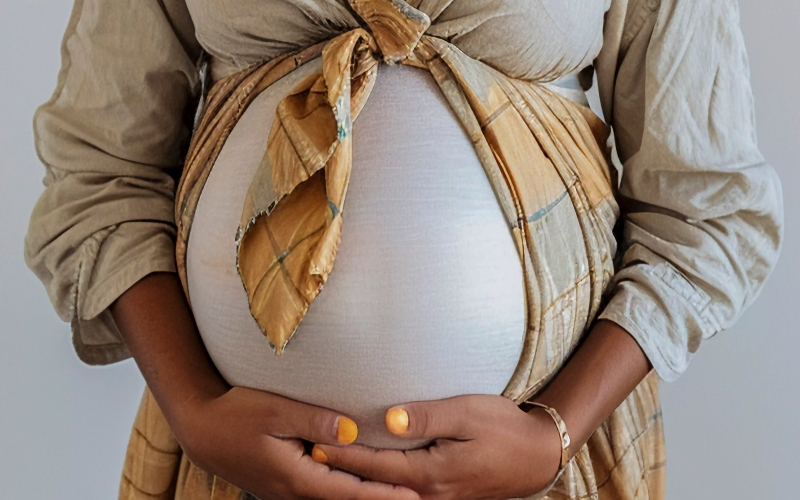Stakeholders sound alarm over funding shortfalls as Kenya celebrates World Contraceptive Day

Advocacy groups are urging the government to supplement UNFPA's efforts, which have allocated over Sh387.9 million to procure contraceptive commodities for 2025, covering only 17 per cent of the national need.
As Kenya joins the world in commemorating World Contraceptive Day, advocacy groups are raising urgent concerns over a growing crisis in sexual and reproductive health services.
Nearly ten months after the withdrawal of key donor funding, several organisations operating in informal settlements have shut down, leaving behind unemployed workers and vulnerable communities without access to essential care.
More To Read
- MPs pass historic Bill regulating fertility treatments and surrogacy
- Ministry of Health announces measures to reduce maternal, newborn deaths
- MPs back Bill banning commercial surrogacy, sale of human embryos
- Hormonal contraceptives linked to higher breast cancer risk, study finds
- Teenage pregnancy key driver of preterm births in Africa, studies show
- New study reveals why young mothers in Kenya are at higher risk of preterm births
In Kibera's Olympic area, 20-year-old Sofia Oduor reflects on the closure of the Dreams program, a program she had relied on since the age of ten. The initiative provided her with counselling, family planning information, sanitary pads, and a safe space to talk about resources that helped her avoid early pregnancy, unlike her three siblings.
"The things I cannot share with my mum, I could share with the volunteers at Dreams. My parents, like many others here, are always out searching for livelihoods. Even if they wanted to talk, they rarely have the time," she says.
For Sofia, Dreams was more than a centre; it was a lifeline. Without it, she fears becoming another statistic in the rising tide of unintended pregnancies and unsafe abortions. Her fears echo national concerns, as the government aims to reduce teenage pregnancy rates from 15 per cent to 10 per cent by 2025.
Iddah Akoth, a former volunteer at the Dreams program, says the program was both a source of income and personal healing. Born and raised in Kibera, she understands firsthand the daily struggles of sexual and reproductive health.
"We offered counselling, family planning options, and a listening ear. Now, that's gone. We're going to see more backstreet abortions and school dropouts," she says.
The Kenyan government has pledged Sh500 million towards family planning advocacy groups argue that this falls short of the actual need. They are calling for a Sh1 billion allocation, citing a Sh3 billion deficit that already exists.
Collins Muchoki from Population Services Kenya (PSK) confirms that clinics are already reporting stockouts of injectables, limiting women's choices.
"We've started receiving alerts of stockouts in injectables, and that's worrying. Contraceptive methods are not always interchangeable. For many women, choice matters not just for convenience but also for their body, health, and circumstances," Muchoki says.
He also emphasised the broader implications of the funding gap, noting that USAID had traditionally supported programs not prioritised by the government.
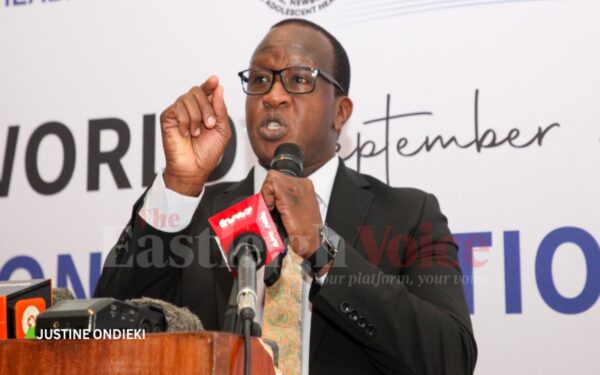 Reproductive Health and Family Planning Coordinator at Population Services Kenya, Collins Muchoki. (Photo: Justine Ondieki)
Reproductive Health and Family Planning Coordinator at Population Services Kenya, Collins Muchoki. (Photo: Justine Ondieki)
"If this is not looked into with the urgency it deserves, we all know what it means. Family planning is a preventative measure that directly affects the economic growth of countries by reducing maternal and child mortality. It also means women can stay at places of work because they can plan on the number of children," he said.
Muchoki further raised concerns about data management, warehousing, and training services - critical components of the family planning ecosystem that were largely donor-funded and now face uncertainty.
Speaking during a media briefing ahead of this year's World Contraceptive Day, to be held in Makueni County, Dr Edward Serem, Head of the Division of Reproductive, Maternal, Newborn, Child and Adolescent Health at the Ministry of Health, acknowledged the challenges but assured that steps are being taken to address them.
"Kenya's vision is a future where every pregnancy is wanted, and where no woman is denied access to the family planning method of her choice," Dr Serem said.
He stressed that sustainable domestic financing remains key to ensuring uninterrupted access to contraceptives and called for stronger partnerships with counties, development partners, and communities to meet the country's family planning goals.
According to the Kenya Demographic and Health Survey (KDHS) 2022, 46 per cent of women of reproductive age do not want more children, and 30 per cent want to delay their next pregnancy. That means 76 per cent need contraceptives - yet 14 per cent have an unmet need. The government aims to reduce this to 10 per cent by 2030.
A report released by the African Population and Health Research Centre (APHRC) in May revealed that 41.8 per cent of women seeking abortion services were married with four children, while only 13.6 per cent were teenagers.
Alarmingly, 66 per cent of those who sought abortions had not been on any family planning method, and 16.4 per cent experienced life-threatening complications likely due to unsafe procedures, as abortion remains illegal in Kenya except under medical authorisation.
Advocacy groups are urging the government to supplement UNFPA's efforts, which have allocated over $3 million (Sh387.9 million) to procure contraceptive commodities for 2025, covering only 17 per cent of the national need.
As programs like Dreams come to an end and supplies dwindle, the message from communities like Kibera is clear: family planning is not just about health, it's about dignity, opportunity, and survival.
Top Stories Today

